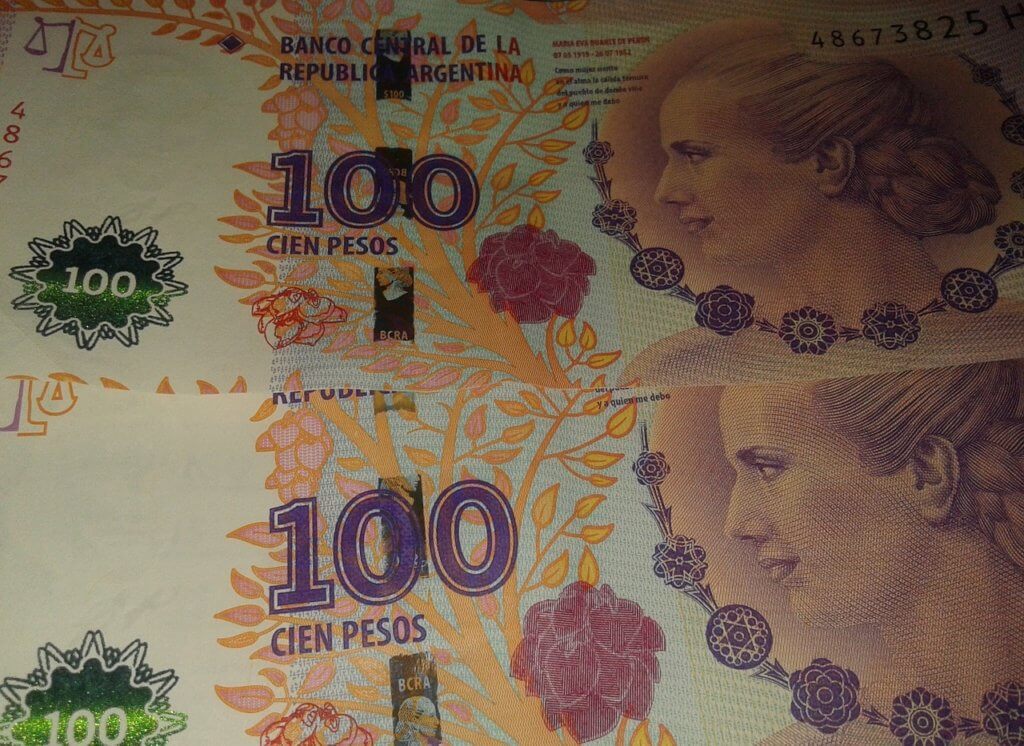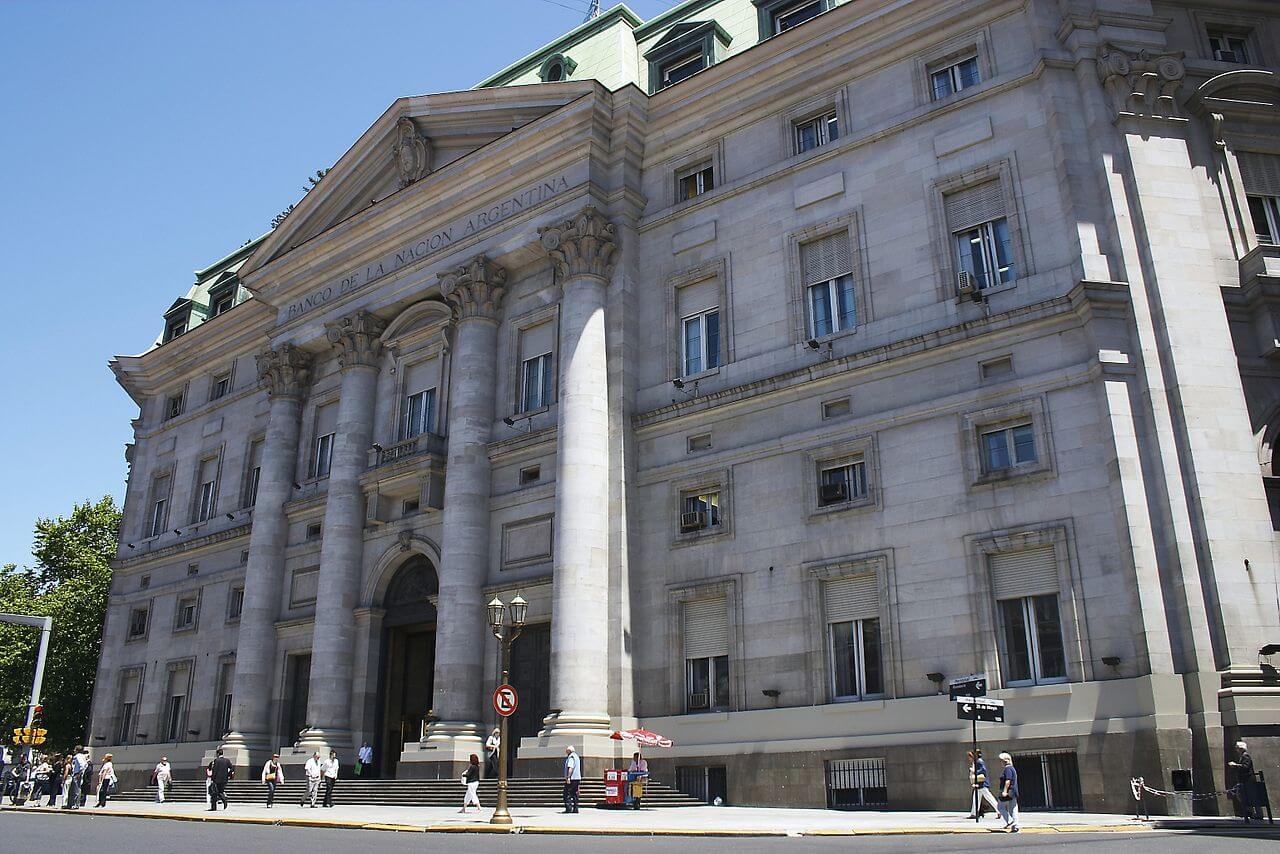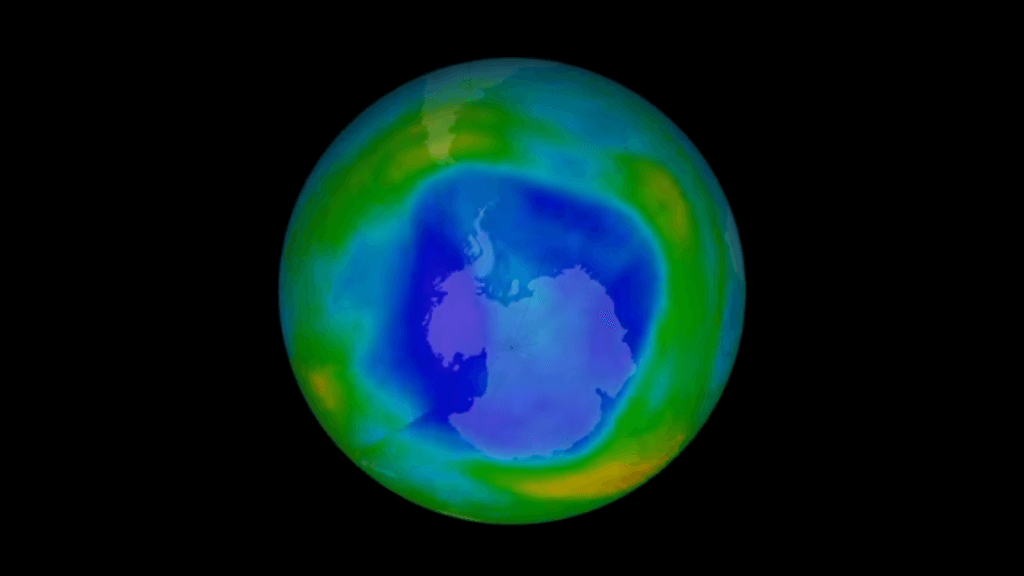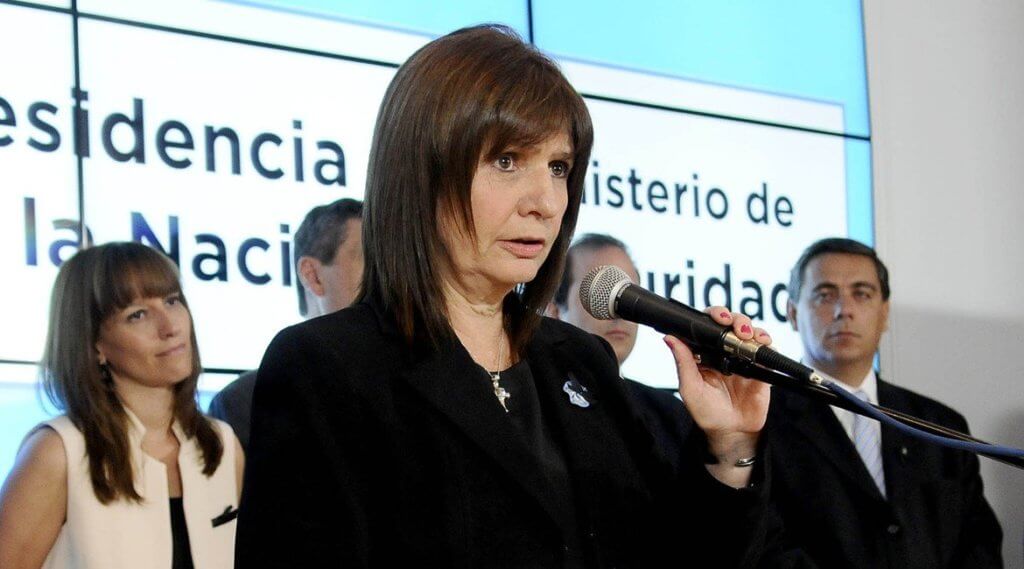The level of inflation during 2018 reached 47.6%, the highest since 1991, according to a new report by Argentine statistics group INDEC.
Recorded as the largest annual increase for 27 years, last year’s inflation even managed to beat the last economic crisis at the turn of the millenium which reached 40.9% in 2002. Levels of inflation are rarely blessed with stability in Argentina, with 2014 seeing 38.5% inflation, but thankfully nothing has yet overtaken the post-hyperinflation levels of 84% of 1991 during Carlos Menem’s government.
Inflation in December 2018 was 2.6%, but it was in September that the highest inflation rate was recorded at 6.5% alongside a currency crisis that saw the exchange rate with the dollar hit $40 pesos.
Transport was the sector most affected, with 66.8% inflation and staggered price increases through the year for trains and colectivos. The tickets for the Subte also increased substantially in 2018 to $13.50 in November, and Clarin reported that it is expected that they will continue to rise in the new year to $16.50 in February.
The price of food and non-alcoholic beverages also shot up in 2018 with a 51.2% rise over the year.
#DatoINDEC
— INDEC Argentina (@INDECArgentina) 15 January 2019
Los precios al consumidor (#IPC) subieron 2,6% en diciembre de 2018 respecto de noviembre y acumularon un aumento de 47,6% durante 2018 https://t.co/HIPPjILHvg pic.twitter.com/W6CNhAG77r
At the beginning of 2018, then-president of the Central Bank, Federico Sturzenegger, had included an inflation estimate in the Budget of 10% (+-2), with 2 being the maximum variability. This was in line with Mauricio Macri’s electoral promises to reduce inflation, reported Todo Noticias, which had been sitting at an average of 25% under the Kirchner government.
However, this all started to look increasingly unlikely as soon as the currency started falling against the dollar in April, causing the Central Bank to increase inflation in order to slow down the currency crisis.
This year, the 2019 budget included an expected reduction in inflation to 23%, which seems increasingly unlikely, both to private consultants and the government itself. A communique from the Central Bank admitted that inflation won’t go down as quickly as expected, and that “the priority of the Central Bank is to avoid the repetition of episodes like those we experienced in 2018.”
“Due to the fact that the financial policy is acting with with a time lag and with the corrections to regulated prices and salary agreements still outstanding, it is normal to expect that the monthly inflation will remain at these levels in the next months.”

Over this year, the Central Bank has had three different presidents, with Sturzenegger stepping down and his replacement Luis Caputo doing the same thing just months after taking the role. Guido Sandleris is the current president of the financial entity and seems to have brought some stability, as inflation has slowly decreased since September’s high.
Private consultancies such as Latin Focus Consensus Forecast expects 29% inflation for 2019, reported La Nacion, adding that it will still be a year of recession . The report estimated that Argentina’s economic activity is set to contract by 0.9%, more than the government’s estimate of 0.5%, but adds that “it will probably gradually get out of recession” helped by increased agricultural production, which was hit badly last year by a drought.
Last year’s experience show that it is almost impossible to make accurate estimates about economic growth, something Finance Minister Nicolas Dujovne appears to understand. At the end of December, according to Perfil, he stated that the government “isn’t predicting inflation,” but added that he was “convinced” that it would be “lower than 2018.”










